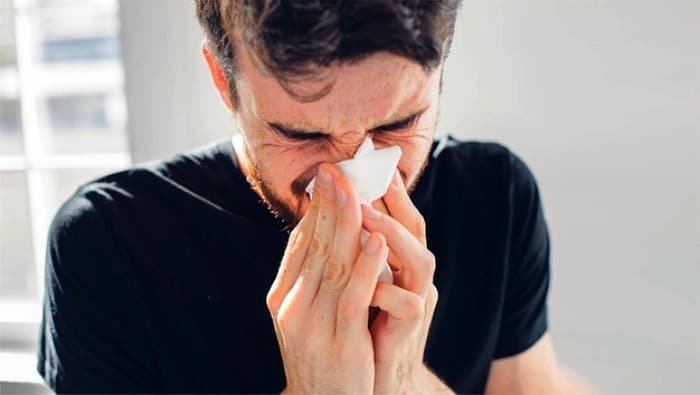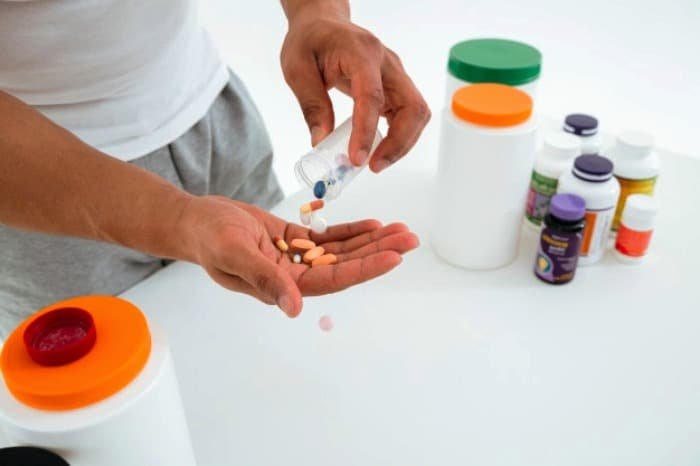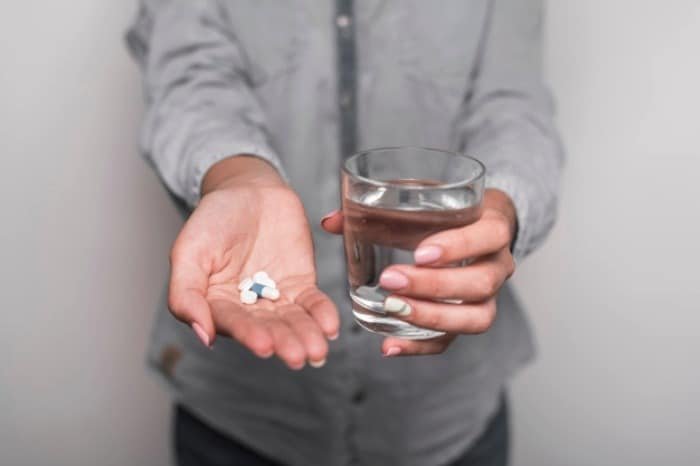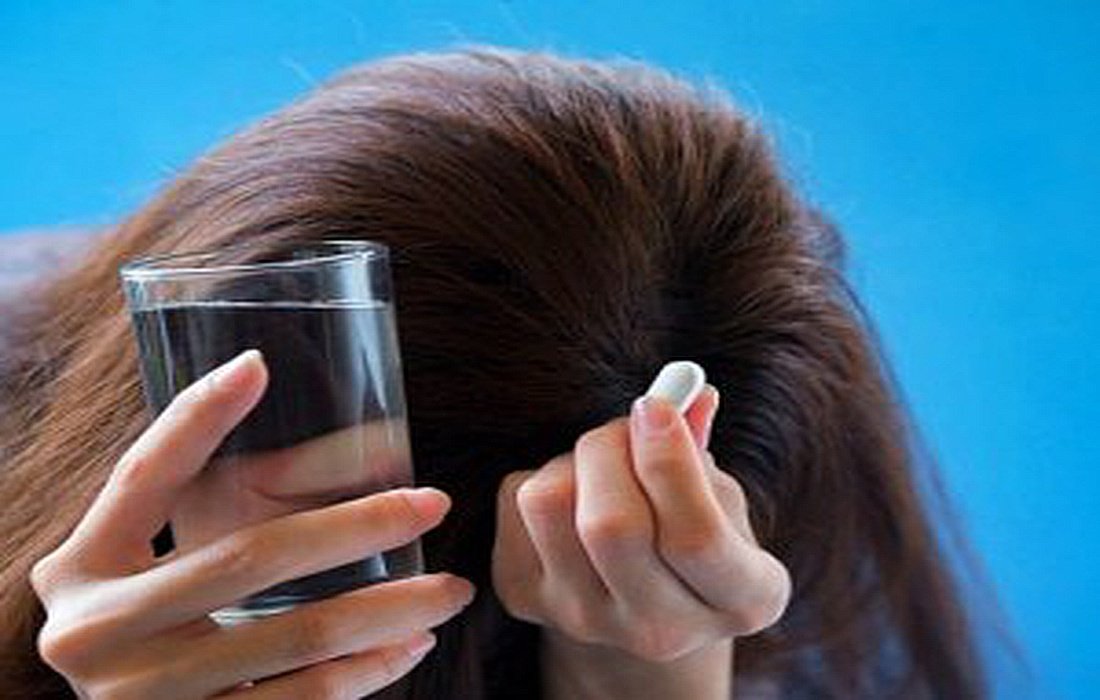MedicationAntihistamineWhat is it?
Antihistamines are a group of agents that prevent the release of histamine, which is often responsible for allergic reactions and symptoms similar to colds and fever.Coldare one of these factorsAllergyis histamine 1.
This histamine exists in the airflow, blood vessels, and digestive glands, and stimulating these factors can lead to conditions likeskin itching, inflammation, constricted airflow, fever, and motion sickness. Histamine 1 is also found in the spinal cord, keeping people alert, which is why you might feeldizzyafter taking an antihistamine.
When are antihistamines used?
- Swelling
- Itching
- Redness
- Runny nose andredness in the eyes
- Runny nose
- Sneezing
Antihistamines are also effective in treating the following:
- Allergies
- Cold
- Fever
- Food allergy
- Fever
- Hives
- Severe reactions to medications
- Insect bites
- Burning
- Insomnia
- High blood pressureAnxiety

What is the difference between antihistamines?
As explained in the health section ofSelMagzantihistamines are divided into two main categories:
- First generation antihistamines
- Second generation antihistamines
First generation antihistamines have been around for over seventy years and are less popular now as they affect central histamines and can cause many side effects such asdry mouth, dizziness,low blood pressureandfast heart rate.Second generation antihistamines have been available since 1980, affecting histamine 1 with fewer side effects and less interaction with other medications. Second generation antihistamines do not cause problems like dizziness unless taken at high doses.
What are the side effects of antihistamines?
Side effects of first generation antihistamines:
Stomach ache
- Double vision or blurred vision
- Constipation
- Dry eyes
- Headaches
- Dizziness
- Low blood pressure
- Secretions
- Throat tightness
- Rapid heart rate
- Urinary problems
- Side effects of second generation antihistamines:
Stomach ache
- Cough
- Dizziness
- Tiredness
- Headaches
- Nausea
- Sore throat
- Antihistamines are available in various forms, including capsules, tablets, syrups, liquids, ointments, lotions, gels, eye drops, and nasal sprays.
Which type is better?

The best antihistamine is one that effectively alleviates allergy symptoms better than others. Some people find these medications effective while others do not experience much relief. Sometimes more than one type can be beneficial.
Generally, antihistamines that do not cause dizziness are the best options and promote less drowsiness. Some types of antihistamines cause
drowsinessand are suitable for those who have trouble sleeping.Be sure to discuss your issue with your pharmacist so they can suggest the best type for you.
How to use antihistamines?
You should take this medication as prescribed by your doctor.
- Before using antihistamines, you need to know how to take them, for example, whether to take them before or after food or how to use antihistamine spray.
- How much to use, which depends on your age and weight.
- When to use it or how many times a day to take it.
- For how long to use it; some antihistamines are for long-term use while others are for a few days only.
- If you forget a dose or take too much, what should you do?

This depends on the type of antihistamine you have taken, and in this case, you should definitely consult your doctor for guidance.
A list of medications that interact with antihistamines:
Antidepressants
- Medications foracid reflux
- Home remedies and medications for cough and cold containing antihistaminesWho can use antihistamines?
- Most people are allowed to take antihistamines, but consult a doctor if you have the following conditions:
Pregnant women – get more information about taking fever medications during
pregnancy
- Breastfeeding womenPeople taking other medications simultaneously.People with conditions like heart disease, liver disease, kidney disease, and
- epilepsy
- should be consulted.
- Negative impacts of antihistamine pills on male fertilityMen should limit their use of antihistamine pills when they are trying to have a baby. Among every six couples, about one couple faces fertility issues. Male infertility accounts for one-third of total cases. Millions of men worldwide use antihistamine pills to treat allergy symptoms likeseasonal allergies.

Seasonal allergy or
hay fever(hayfever) is a common allergy often seen in spring, summer, and autumn during plant pollen seasons.This allergy causes runny nose, stuffiness,
itchy eyes, wheezing, sneezing, or skin rashes, affecting one-third of adults. Antihistamine medications work by controlling histamine levels, a molecule produced by the immune system in response to potential threats.Researchers examining various studies on how these medications affect male fertility concluded that antihistamine pills can weaken the quality and quantity of sperm produced by impacting male sex hormone production.Therefore, limiting antihistamine pill use is advised for men looking to conceive. Based on the results of this study, new methods can be developed to relieve allergy symptoms without compromising male fertility.Cold
Antihistamine for runny nose and sneezingTiredness and headacheEffects of antihistamines in men
Antihistamine pills
Allergy and sensitivity pills







